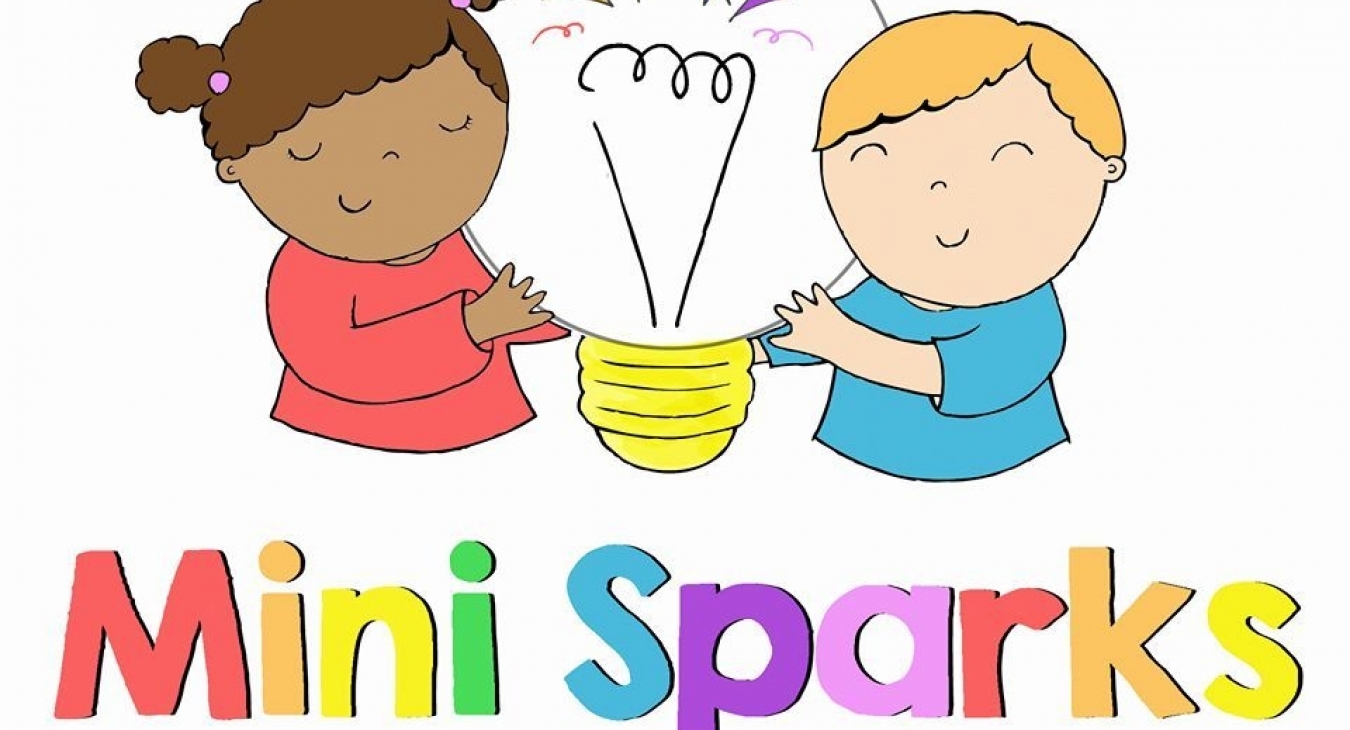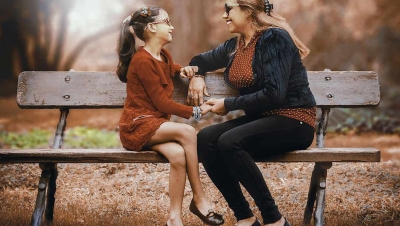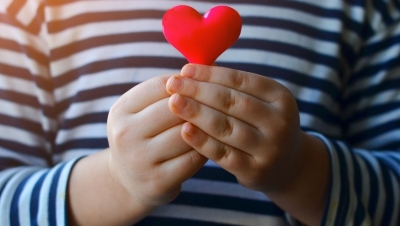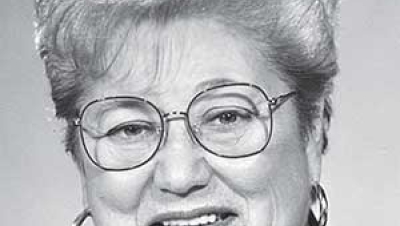Mini Sparks-Play, Glorious Play
Now that Christmas is behind us and we approach a new year, it’s a good time to reflect upon what it is all of the ‘stuff’ we accumulate over the festive period is trying to help us achieve. The toys we gift to our small ones are an attempt to invoke joy and wonder through the medium of play.
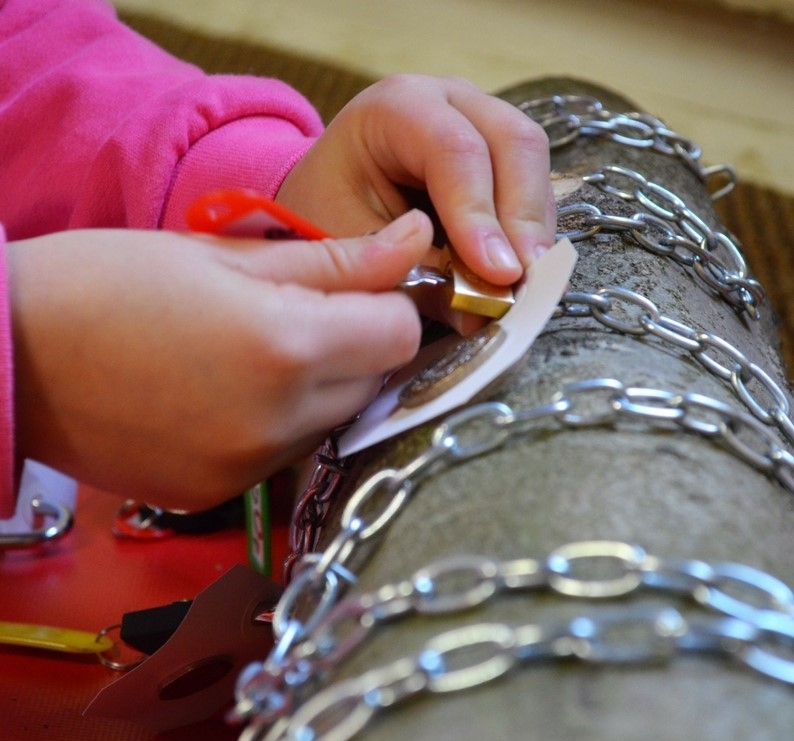
Play, glorious play.
I’m a big fan.
Physical play, make believe play, small world play, dramatic play, imaginative or messy play. There’s just one thing that play really needs to be, to be the best kind; child-led.
You might have seen the phrase child-led play or child-led learning bandied about, but what does child-led actually mean?
Do I have to let my small person dictate our every move?
Do I really have to let them pour glue all over the table?
How will we ever do anything purposeful?
It can seem like the stuff of nightmares!
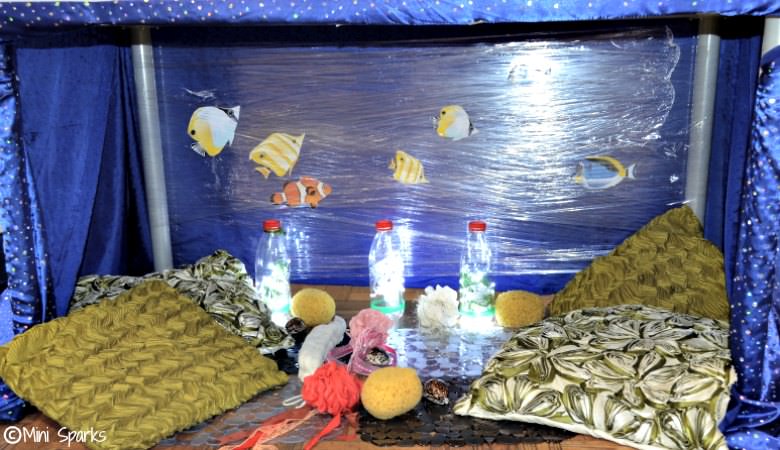
In short, child-led play simply means following your child’s interests and direction even when that means going off on a tangent or having to step outside of your comfort zone. Most of us do this naturally to a greater or lesser degree. However, sometimes we see something we really, really want our child to do because we think there’s great learning potential or it’ll be great fun. It’s easy to get caught up in tactics to persuade them to do what we think they should do which often leads to issues with behaviour and engagement, avoided by letting go of having an agenda for play.
It’s so easy to get caught in the trap of trying to get our little people to do something because we see the benefit, but if they really aren’t into it, then who are we doing it for?
Even very young children can make decisions about how, what and where they play. Ask a toddler whether they want to go to the play area or the woods, the library or stay at home to paint and, given the choice, they’ll often let you know which they’d prefer. It’s not about control, it’s not about them calling the shots, but if the activity we’re going to do is for them, then it needs to really be for them.
And please, don’t worry about your child whittling their days away playing. Play is how all learning takes place in childhood. Yes, we should offer experiences for social, emotional and intellectual stimulation and activities which offer rich and varied opportunities to learn and apply knowledge and skills but essentially, children just need time to play.
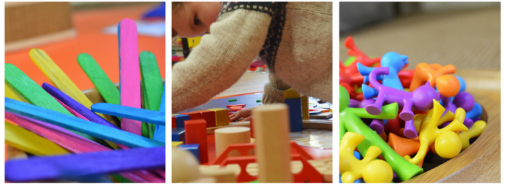
Why is this so important?
Play, and in particular child-led play, helps to foster a child’s sense of self. Having the opportunity to practice what it means to be a person and to make mistakes, try out ideas and revisit concepts, helps to develop self-esteem, resilience and emotional regulation.
So, yes, let your child make some decisions. They are capable than more than we often give them credit for.
If there isn’t a safety concern, why not let them pour glue all over the table? It can be cleaned up and your child is likely to learn about the movement of liquids, the properties of glue and the natural consequences of pouring glue all over the table.
Finally, remember that all play is purposeful and meaningful and it’s best when it’s child-led
That’s why at Mini Sparks Play Sessions, there are no expectations of the children. The activities provided can be interpreted in any way; the more creative the better.
Don’t worry if your child won’t sit in the circle or doesn’t cope well with transitions. I’ve developed the sessions to accommodate everybody.
So, if you’re looking for things to do with young children in Bramhall, Hazel Grove or Wilmslow then come along to find out more. Our theme changes each month with Mini Mathematicians, Atelier and Sensory Scrapheap featuring in our Winter term.
The fundamental aim of Mini Sparks is to create spaces for children to have fun, whatever that means to them.
To find out more about Mini Sparks and to book a session, visit www.minisparks.co.uk

